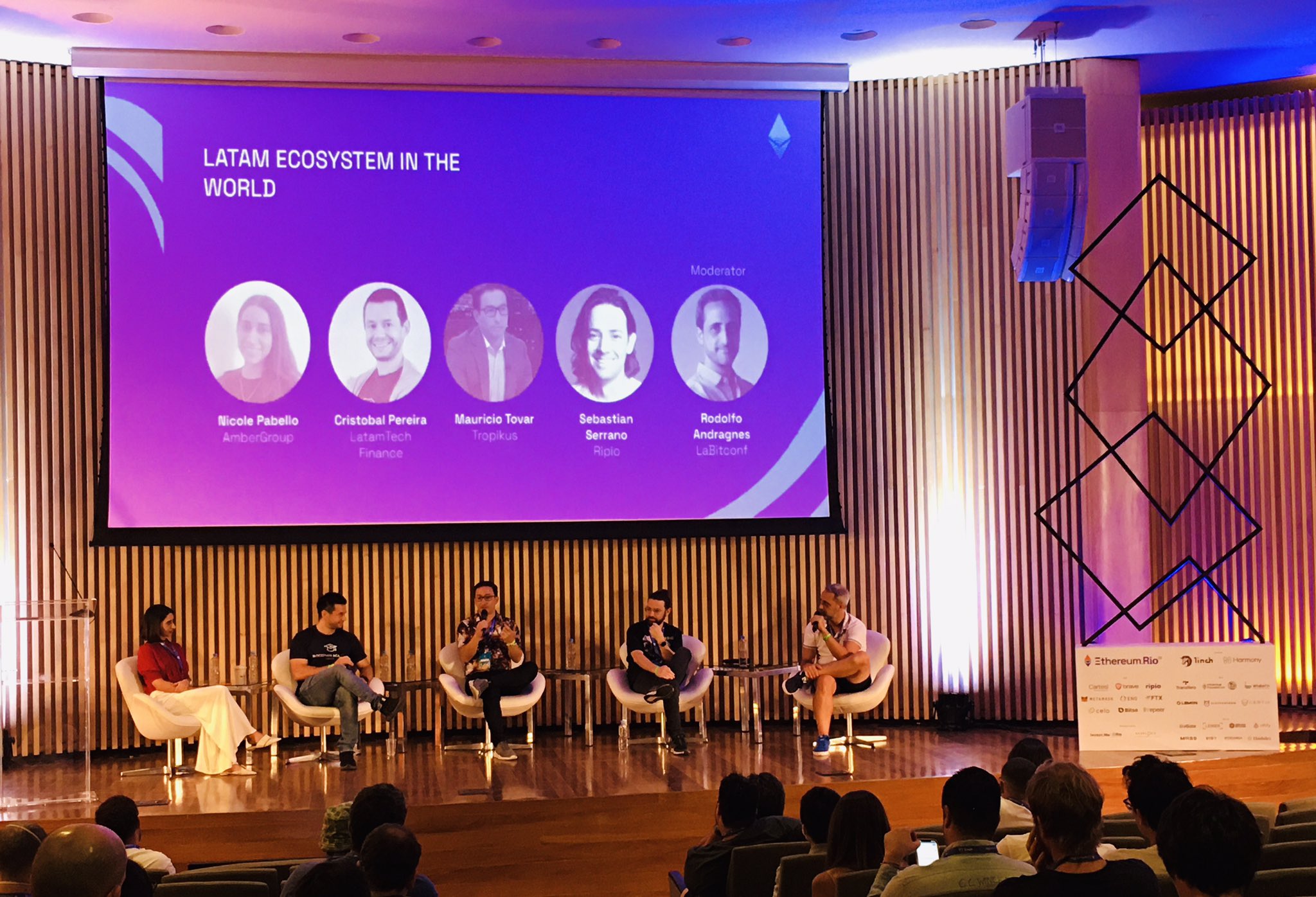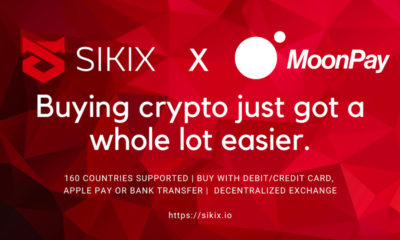The first and most crucial step towards becoming a crypto trader or investor is owning a wallet. But what is a crypto wallet? In simple terms, your crypto wallet is what gives you access to your crypto coin. Unlike what most people wrongly believe, crypto wallets do not actually store cryptocurrency. Blockchain technology, a global decentralized database, is where cryptocurrencies are confirmed.
Crypto wallets are simply unique addresses that store public or private keys for cryptocurrency transactions. The wallets enable you to execute transactions such as sending or receiving cryptocurrency successfully.
Often, when people want to learn how to trade bitcoin, they do not pay so much attention to their wallet choice. Yet, starting your crypto journey by choosing the best bitcoin wallet is one of the most intelligent investment decisions you’ll ever make.
While literally, countless crypto wallets are available today, there’s a need for extra care when choosing one. Why? Your choice of crypto wallet will significantly affect the safety and security of your crypto investment. Using the wrong crypto wallet can put your crypto investment at risk and result in a terrible investment experience.
Cryptocurrency wallets are of two forms – hot wallets and cold wallets. Hot wallets allow you to store your bitcoin online and are directly connected to the internet. They are often available in desktop, mobile or web formats and help to facilitate easier transitions. Cold wallets, on the other hand, are somewhat a direct opposite of hot wallets. They are a relatively new technology that aims to improve the security and safety of cryptocurrency. Cold wallets come in small, encrypted portable devices that enable you to carry your cryptocurrencies everywhere you go. They are hardware-based and may cost a few hundred dollars to acquire.
Desktop wallets
These are Hot wallets that operate on your computer system. They store your bitcoin on your computer and help you gain complete control of your bitcoin or cryptocurrency. Thus, you have no “third-party” factor to consider or fear. Third-parties may freeze crypto accounts or even cause users to lose their coins. Desktop wallets steer you clear of these risks. Typical examples are Atomic wallets, Electrum and Exodus.
Mobile wallets
As the name suggests, mobile wallets are wallets that run on your smartphone and thus stay with you at all times. They help you make on-the-go transactions, keeping everything you need to trade in the palm of your hands. They are often available in iOS and Android apps and offer highly convenient crypto payment methods. Typical examples of mobile wallets are ZenGo, BitPay, GreenAddress and Mycelium, and Atomic Wallet.
Web wallets
Web wallets operate in your browser just like a website would operate. They are also referred to as “online bitcoin wallets” and used to be the choice of many investors. However, as cybercrime and crypto frauds gain more attention in the crypto and technology space, web wallets have lost the trust of online or web wallets. They are more susceptible to attack as these web wallets are stored by a third-party website that you do not own or control. And as the famous saying goes, if you don’t solely hold the keys to your cryptocurrency, then the coins aren’t really yours.
Irrespective of the kind of wallet you use, the first step towards the safety and security of your investment is to keep your passwords safe. Your password gives you full control over your crypto transactions and investment, so letting it slip into the wrong hands can pose serious threats to your coin’s safety. However, most digital wallets offer more than just password protection. You could find other security features such as crypto encryption, two-factor authentication and so on. These extra protections will boost the security of your bitcoin but don’t replace the need for personal care and the protection of information.
The best and most secure wallet for your bitcoin investment
There are a few factors to consider when choosing the best bitcoin wallet. When these factors are put in check, they can transform your experience as a bitcoin trader. The least you want to do to become a successful trader or investor is to put your investment on the right platform.
1. Ease-of-use
The right bitcoin wallet shouldn’t be another set of technical tools that require sophisticated learning to understand or use. This is one key reason why ZenGo is the best bitcoin wallet for any kind of investor or trader. Buying, selling, trading, earning bitcoin interest and even earning free bitcoin has never been more effortless. Imagine the stress of filling pages of forms before gaining access to a crypto wallet, quite unimaginable, isn’t it? With ZenGo, it takes less than 19 seconds to own a bitcoin wallet and start trading. Plus, you literally don’t need to provide any documents.
2. Versatility
Although bitcoin remains the most popular and frequently traded coin, there are yet other coins that traders can greatly benefit from. You don’t want your crypto wallet to restrict or limit your trade opportunities. ZenGo offers over 70 crypto assets, including bitcoin, ethereum, and dogecoin. This is another core reason why it is one of the best. Smart investors take advantage of several crypto coins and know what to look out for before taking that bold step. Thus, with ZenGo, you can increase your portfolio and earning opportunities without having to switch platforms.
3. High security
Passwords, private keys, and seed phrases are great ways to secure your crypto funds. However, they aren’t the best. The fear of misplacing passwords accidentally or even landing them in the wrong hands is another thing that haunts crypto enthusiasts. Luckily, ZenGo, arguably the best bitcoin wallet, offers an innovative and effective solution to this. With facial biometrics, you wouldn’t have to worry about passwords and private keys anymore. You can now truly have full control over your funds and recover your account easily from any device. ZenGo is more than just secure; it’s the most secure.
4. Limitations
Crypto wallets often set minimums and maximums for transactions. This itself has been a huge challenge for high-profile traders and investors. ZenGo understands that there are basically different levels and categories of traders. Thus, it offers its users absolute freedom and control over transactions without extra fees. Users can send or receive any amount of bitcoin or other assets without having to worry about limitations as long as there are enough funds to cover the network fees. And yet, another mind-blowing reason why ZenGo is the best bitcoin wallet for you.
5. Unmatched customer support
If you’ve ever needed to resolve an urgent wallet-related issue and got disappointed by poor customer support, you probably will understand how much that hurts. In business, nothing beats effective customer support. And since that’s exactly what ZenGo stands for, no other wallet beats ZenGo. Unlike some other bitcoin wallets that depend on AI to resolve customer complaints, ZenGo uses real human agents for better understanding. Due to this, users can get a response in less than two minutes and be certain that their complaints are well understood.
But that’s not all. ZenGo also allows you to
- Choose from the 3 network fees modes (economy, regular, fast). Applicable for BTC, ETH, ERC20.
- Cancel or speed up your sent transactions before they are confirmed on the blockchain with 1 tap.
- Get $10 cashback in Bitcoin for purchase of $200 by applying the code ZENX0B4G
Obviously, ZenGo remains the best bitcoin wallet for all kinds of traders across the globe.
Disclaimer: This is a sponsored post written by a third party. Readers should do their own due diligence before taking any actions related to any company, product, or service mentioned in this article. BitcoinAfrica.io is not responsible, directly or indirectly, for any loss or damage caused by or in connection with the use of or reliance on any content, product, or service mentioned in this post.
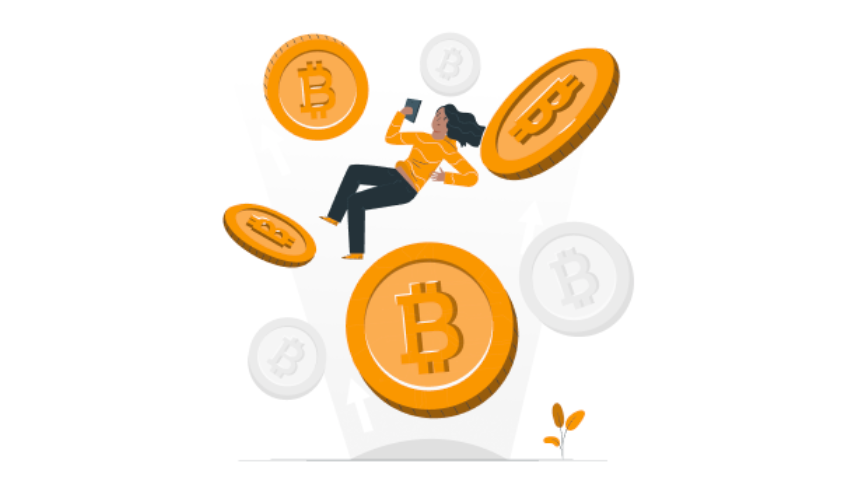




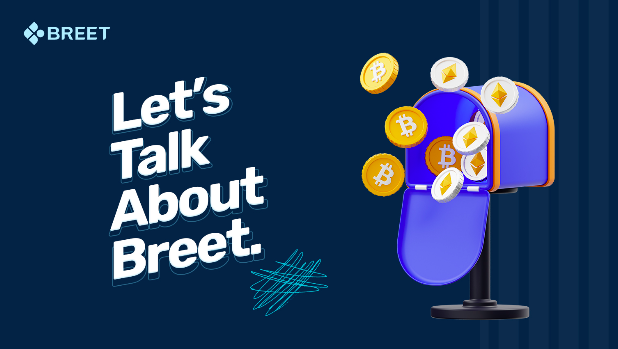
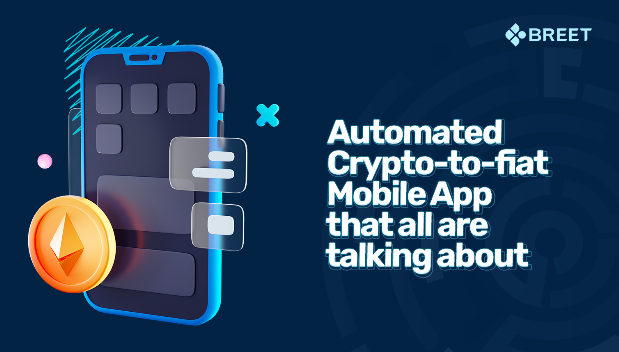

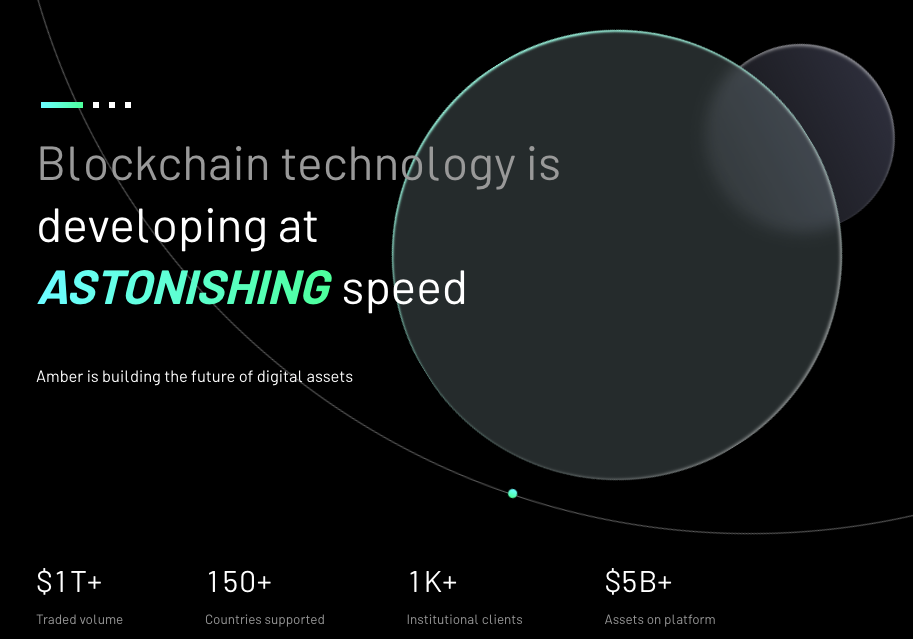
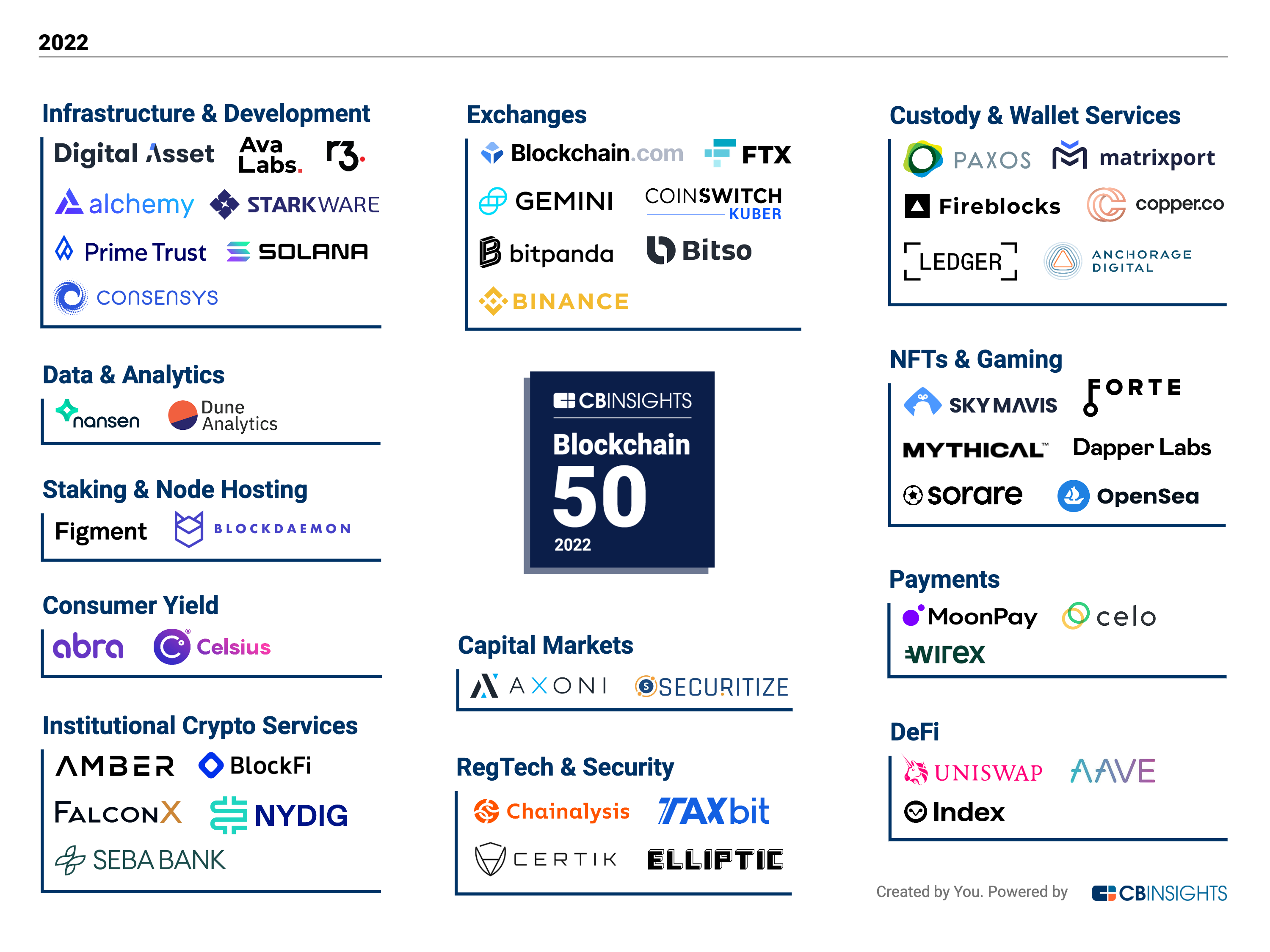
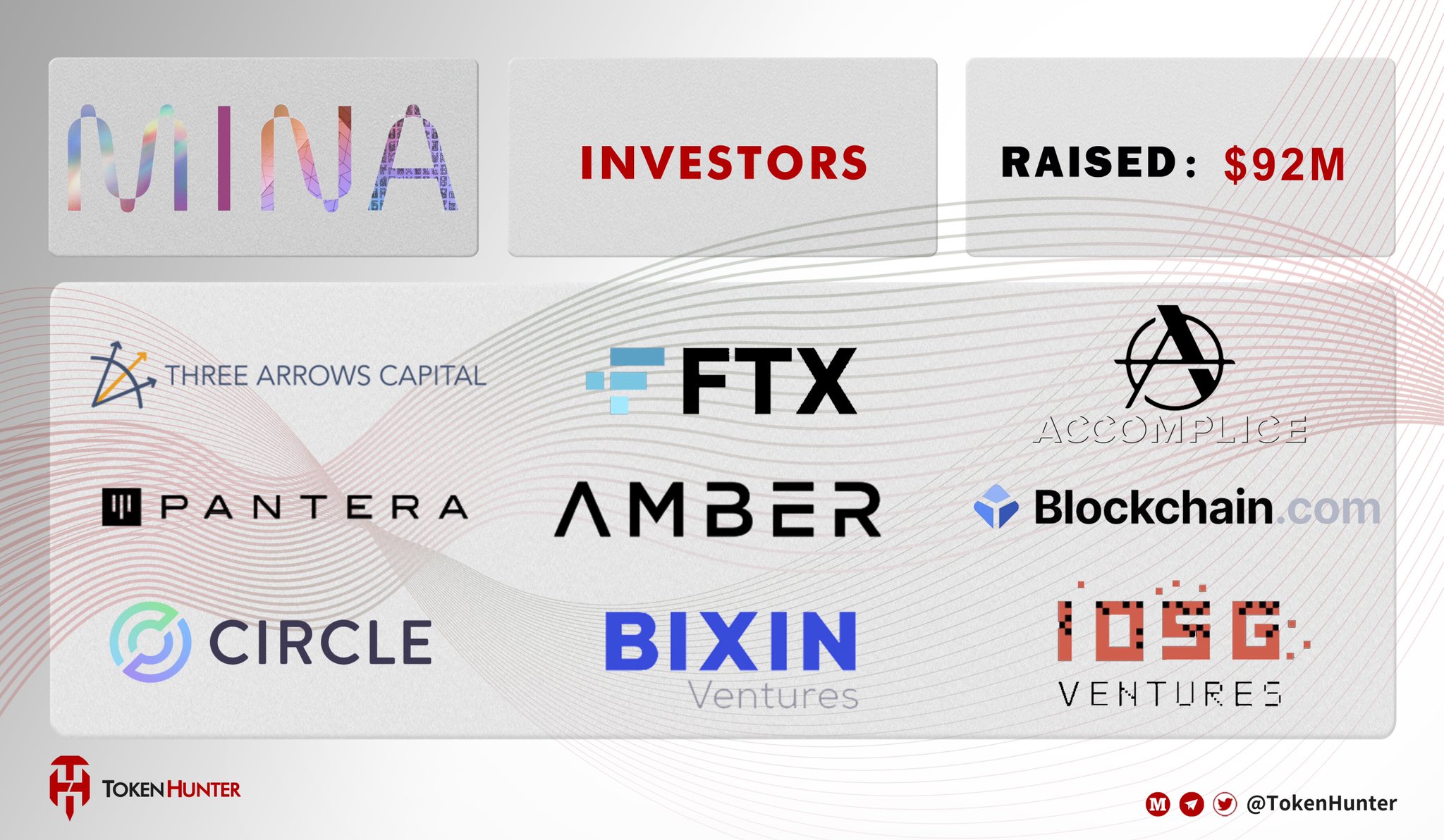




 Rear
Rear